
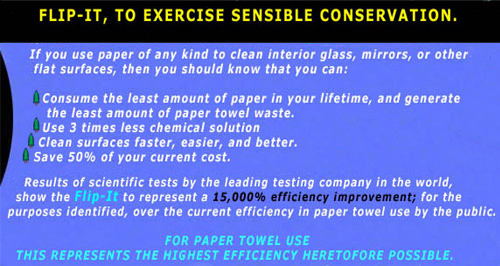
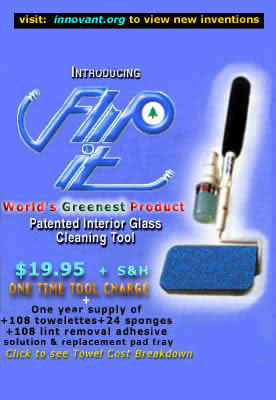
com-mer-cial 2a: from the point of view of profit: having profit as the primary aim.
doc-u-mer-cial
1: from the point of view of purpose and profit:
having worthy purpose and profit as the primary aim.
Much has been, and increasingly more is being
said about the environment, and the
effects of our uses of it.
Regardless the various special interest fringe extreme views; over-protective
versus under-protective, the inescapable fact is that:
renewable resources, e.g.
trees, fish, or money, require time to regenerate.
We should be prudent in our use.
In most cities of the US the goal of waste management is to focus
on recycling, and
not waste reduction
methods.
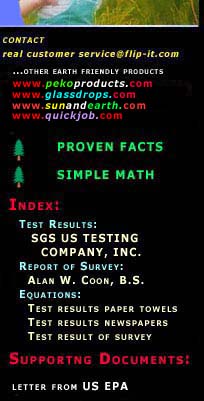
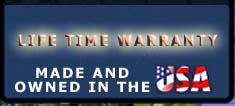

Recycling is good for sorting trash; after
its been discarded, but does absolutely nothing to prevent the generation of
waste in the first place, and does nothing
to reduce the industrial smoke stack.
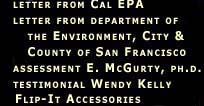

One of the best ways to preserve our natural
resources with less impact on eco systems,
is to adopt the use of environmentally
friendly and natural
cleaning products, and tools.
The
burdens of waste disposal are lessened, when
methods of efficiency are improved upon.
*HYPER-EFFICIENCY; as a means for conservation, means being able to do more with less. It doesn't mean getting by on less, it means going farther than you could before, on less; without sacrifice in performance. It also means to derive greater performance, at less cost.
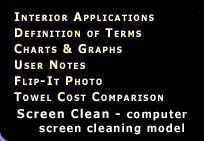

*HYPER-EFFICIENCY
is measured by the % increase in efficiency over
a current standard. All resources, natural
and man-made are precious, and should be utilized as efficiently as possible
i.e. more bang for the buck, more mpg,
or more work with less paper, which means less trees harvested, and less
paper waste generated, which translates
to less industrial waste disposal, less consumer trash, less recycling
burden, less landfill density, in toto less impact.
For lack of a better means, the
public routinely discards 95%
of the chemical
solution soaked paper towels,
used in the 'hand-held
cleaning process'; unused.
That would
be like buying 20 dollars worth of gas, and then
draining 95% of it, to get 20 cents worth of mileage. Wasting
both money and natural resource is counter-productive
to a positive outcome.
Cleaning
by hand-held process, cannot compare to the efficiency of
the Flip-It. Glass
cleaner, and other
window cleaning
products are effectively used
with the Flip-It. The
public has many choices as to its operation
and use of resource. Hyper-efficient
processes and/or mechanisms enable the public to
make intelligent and responsible choices.
'If the Park
shuts down, the amusement rides won't matter'
